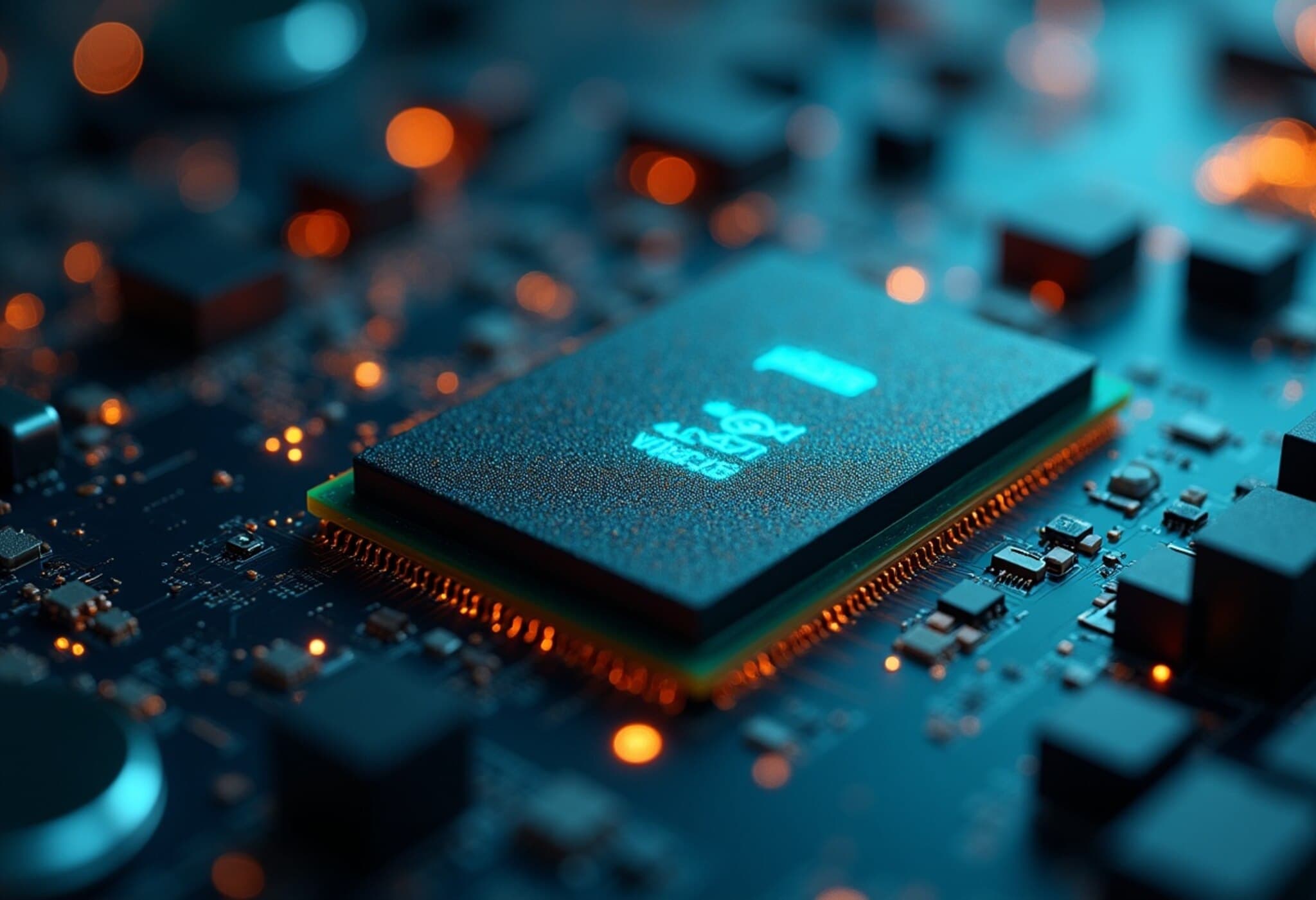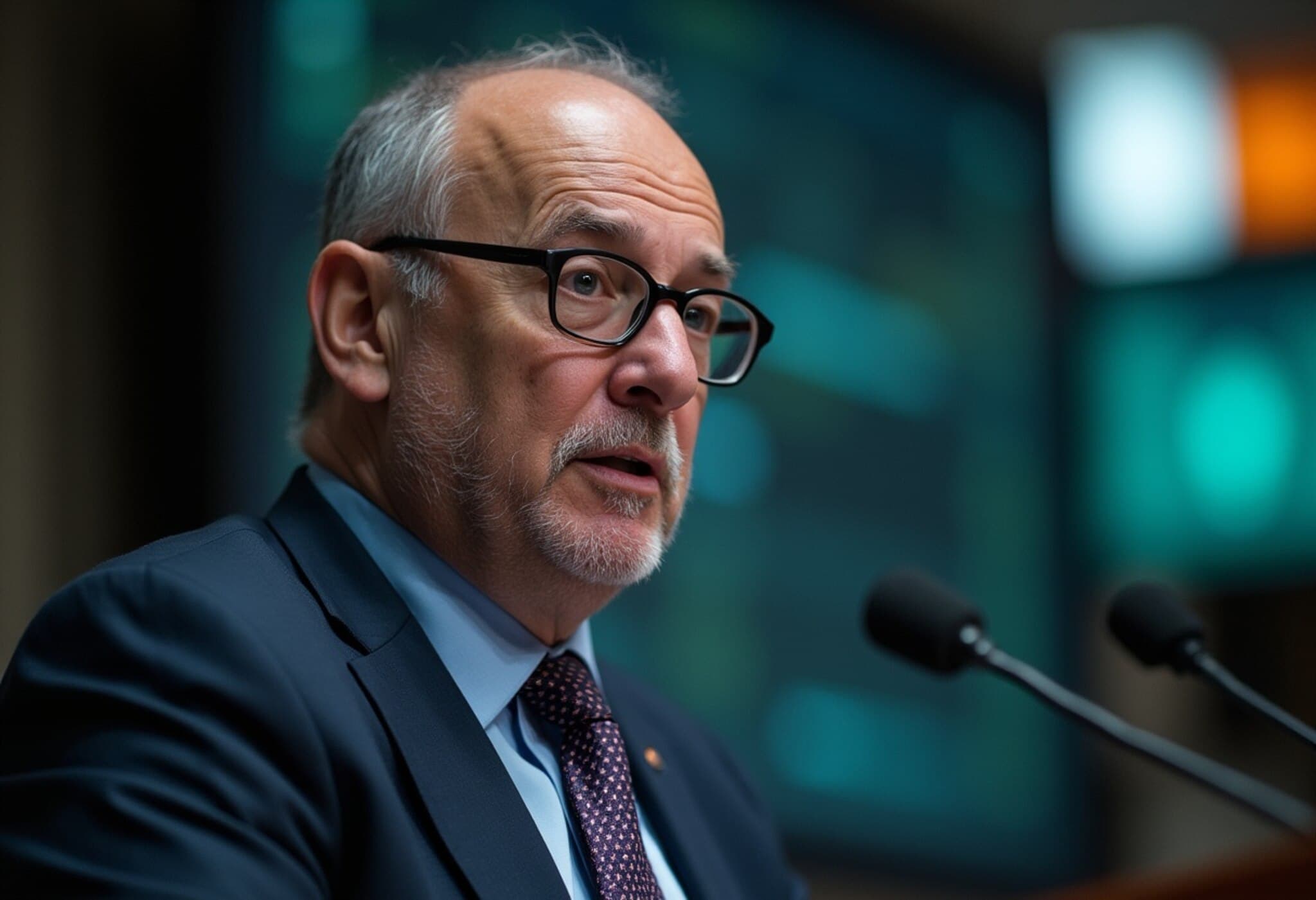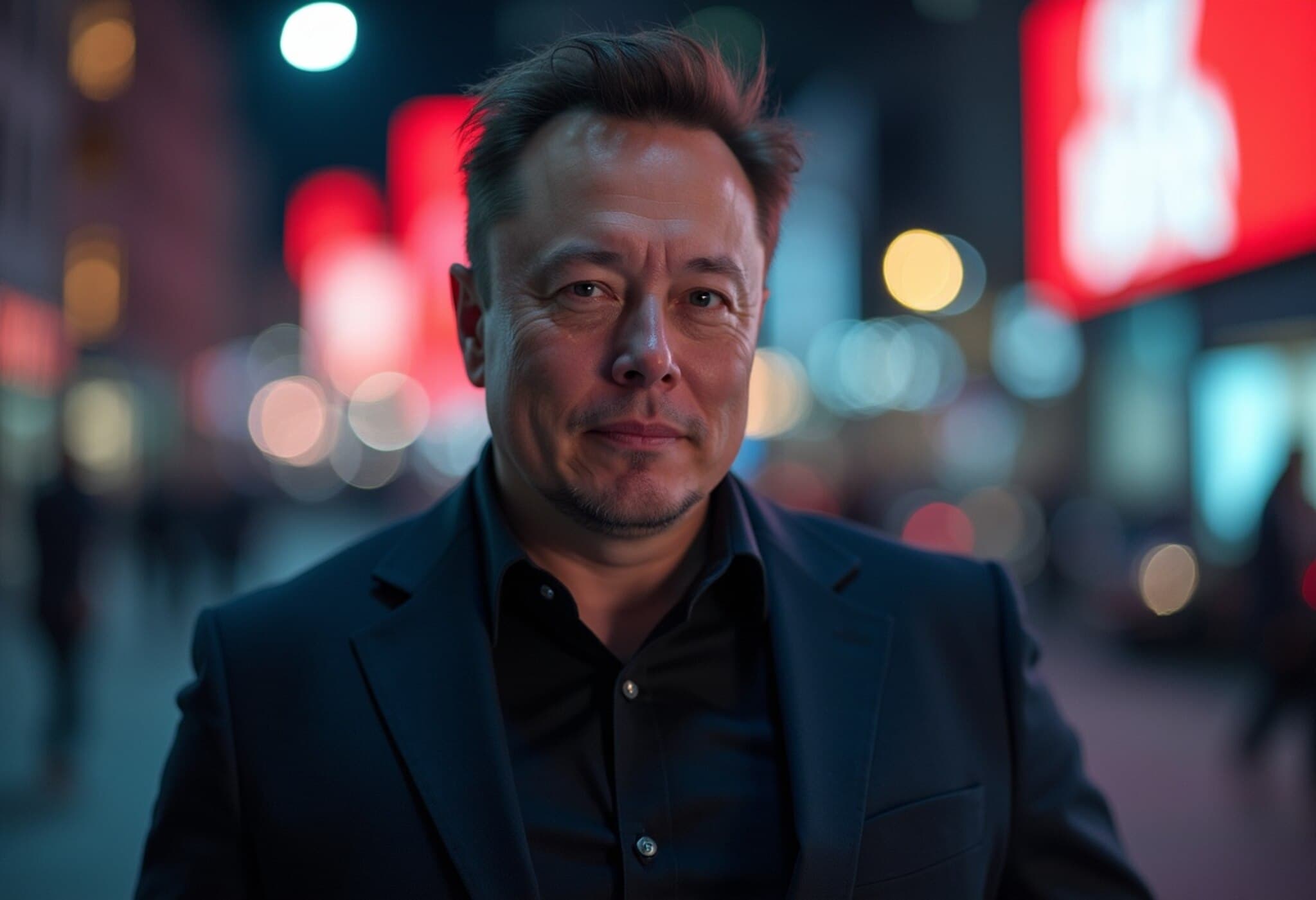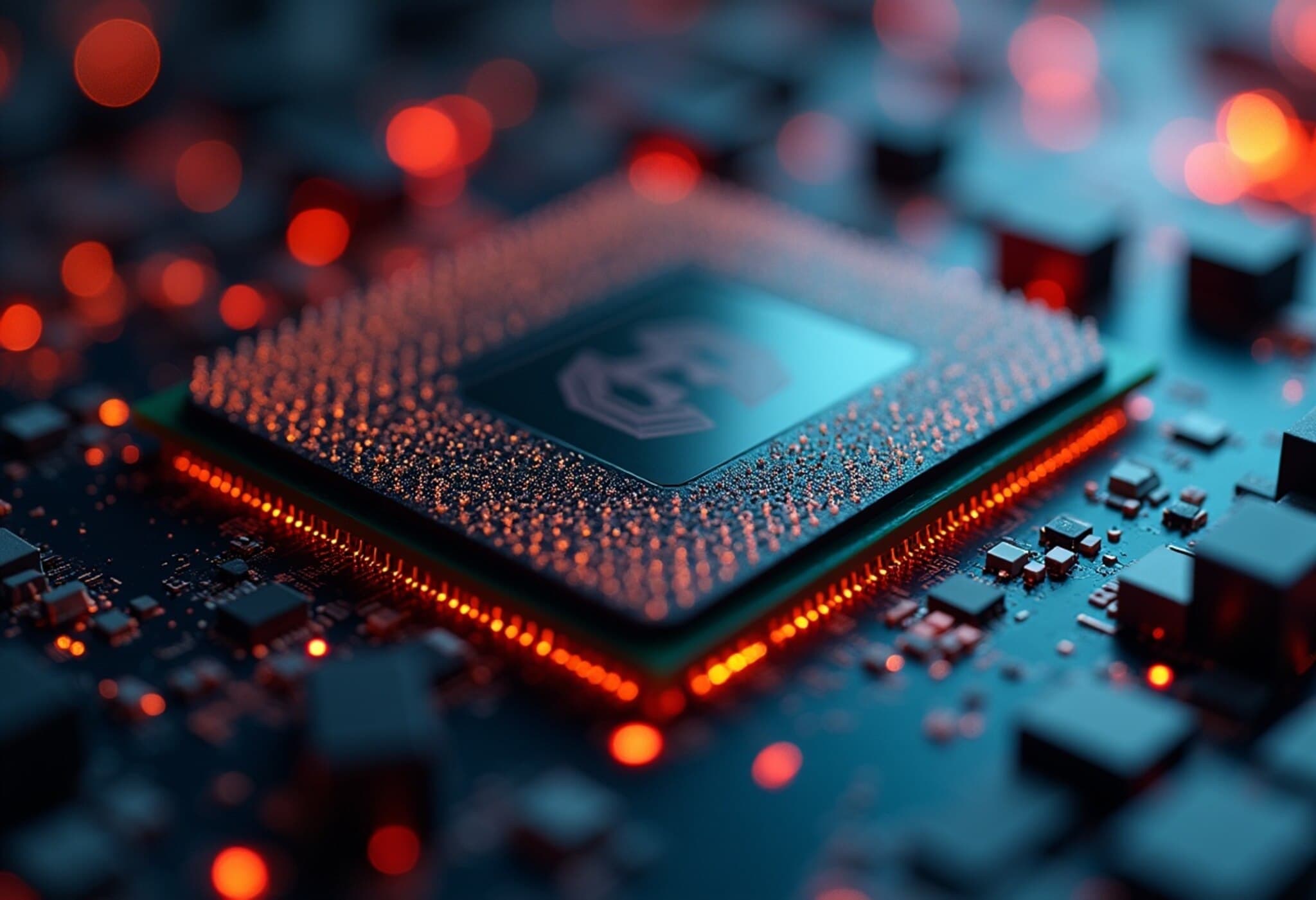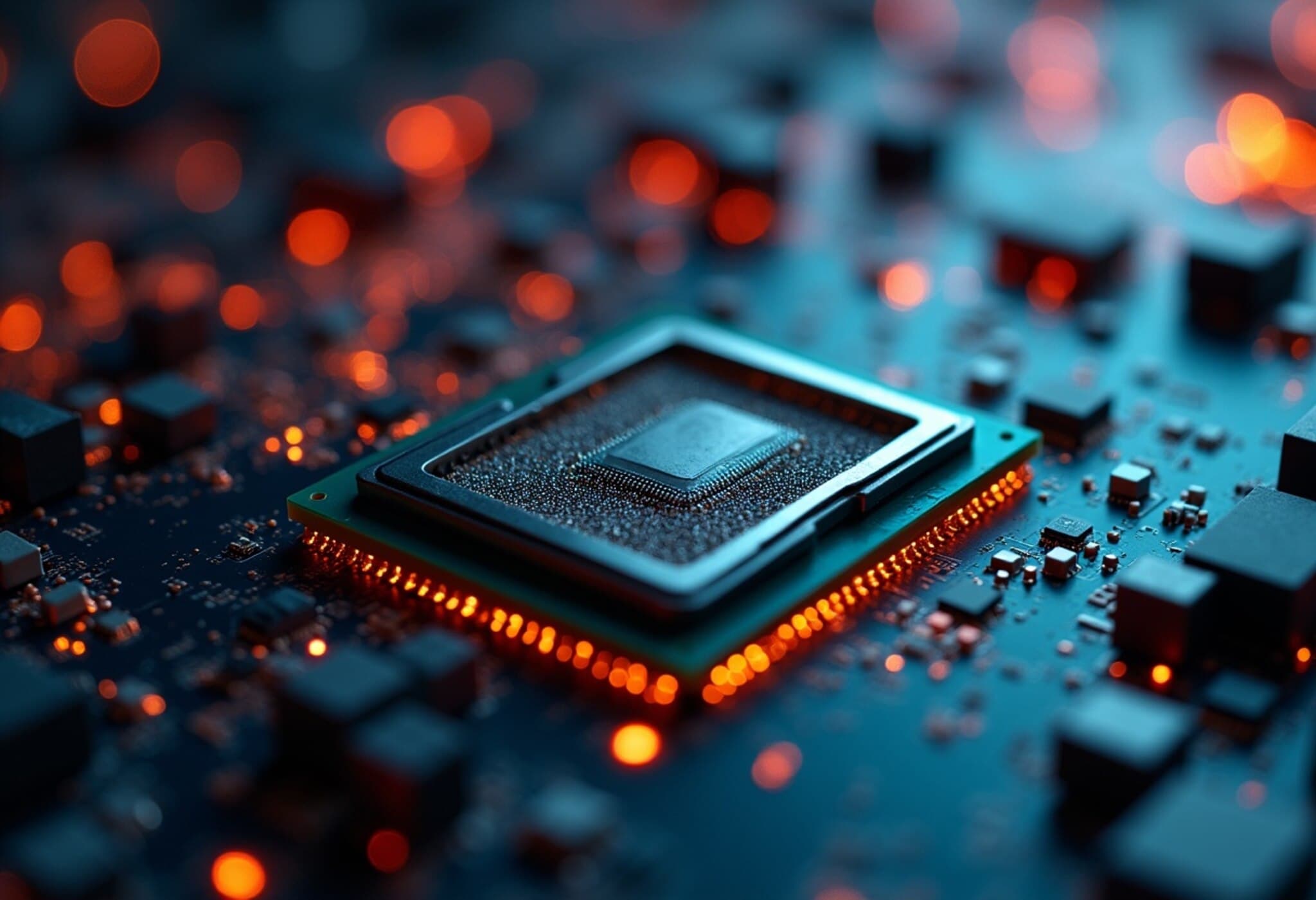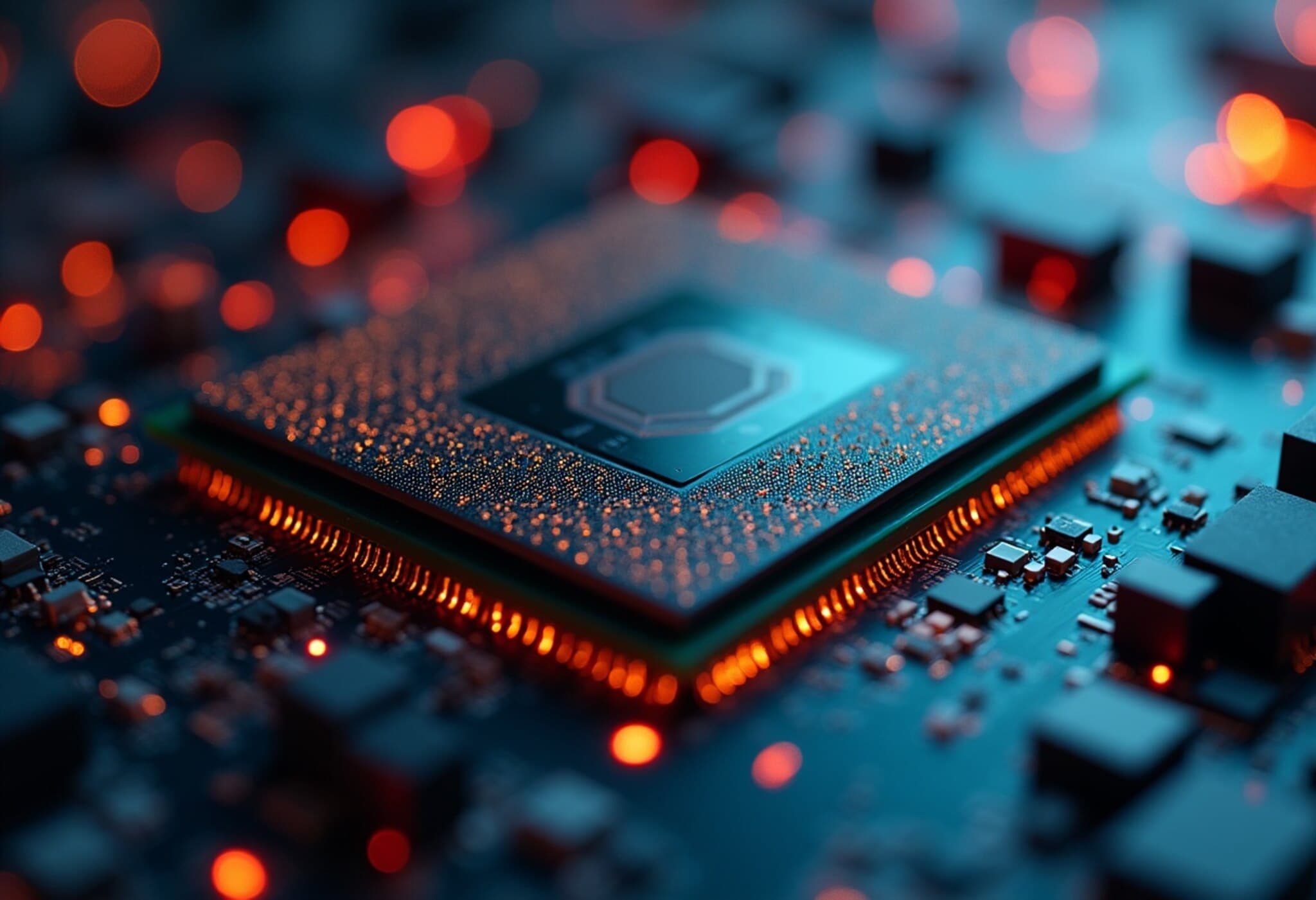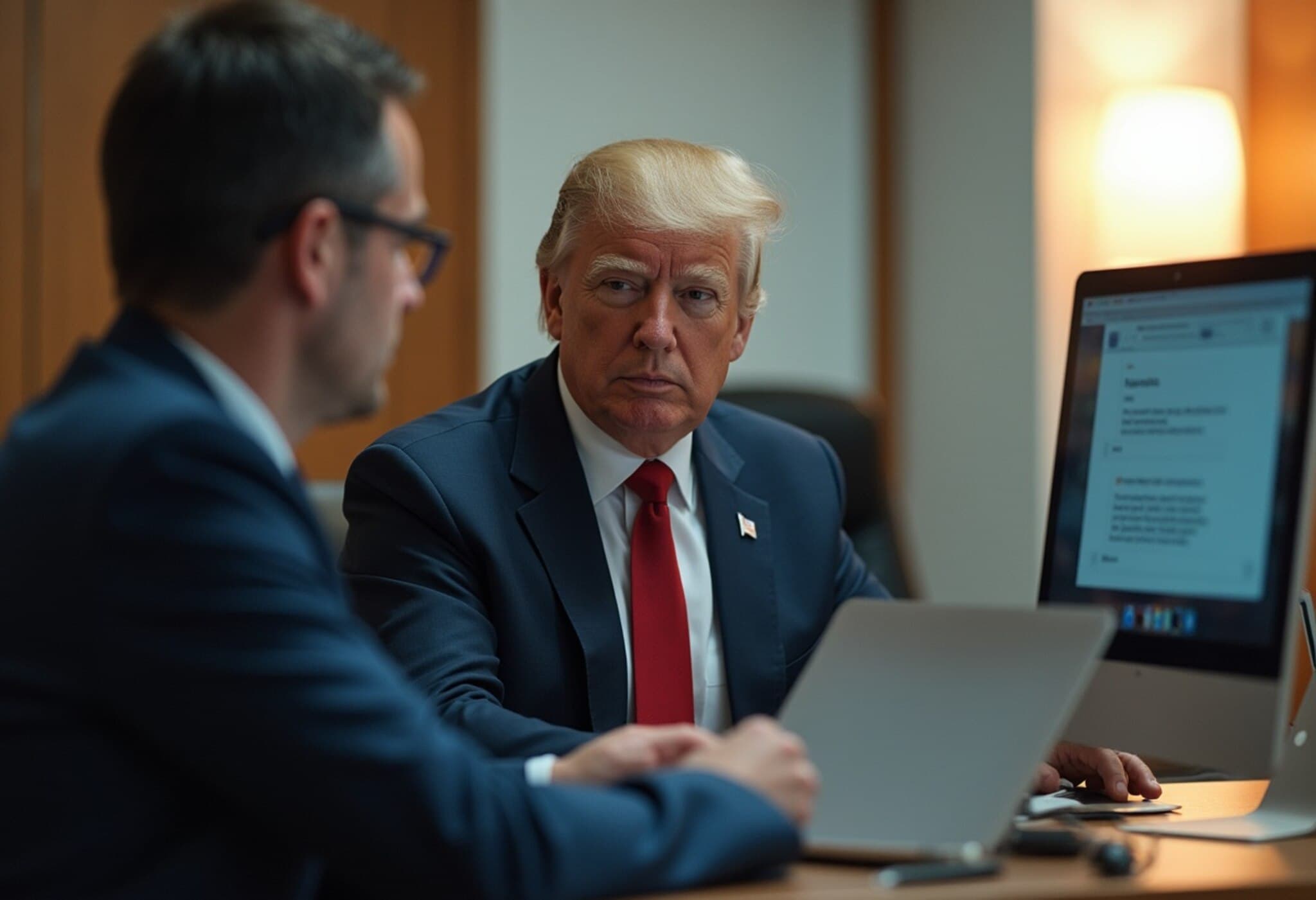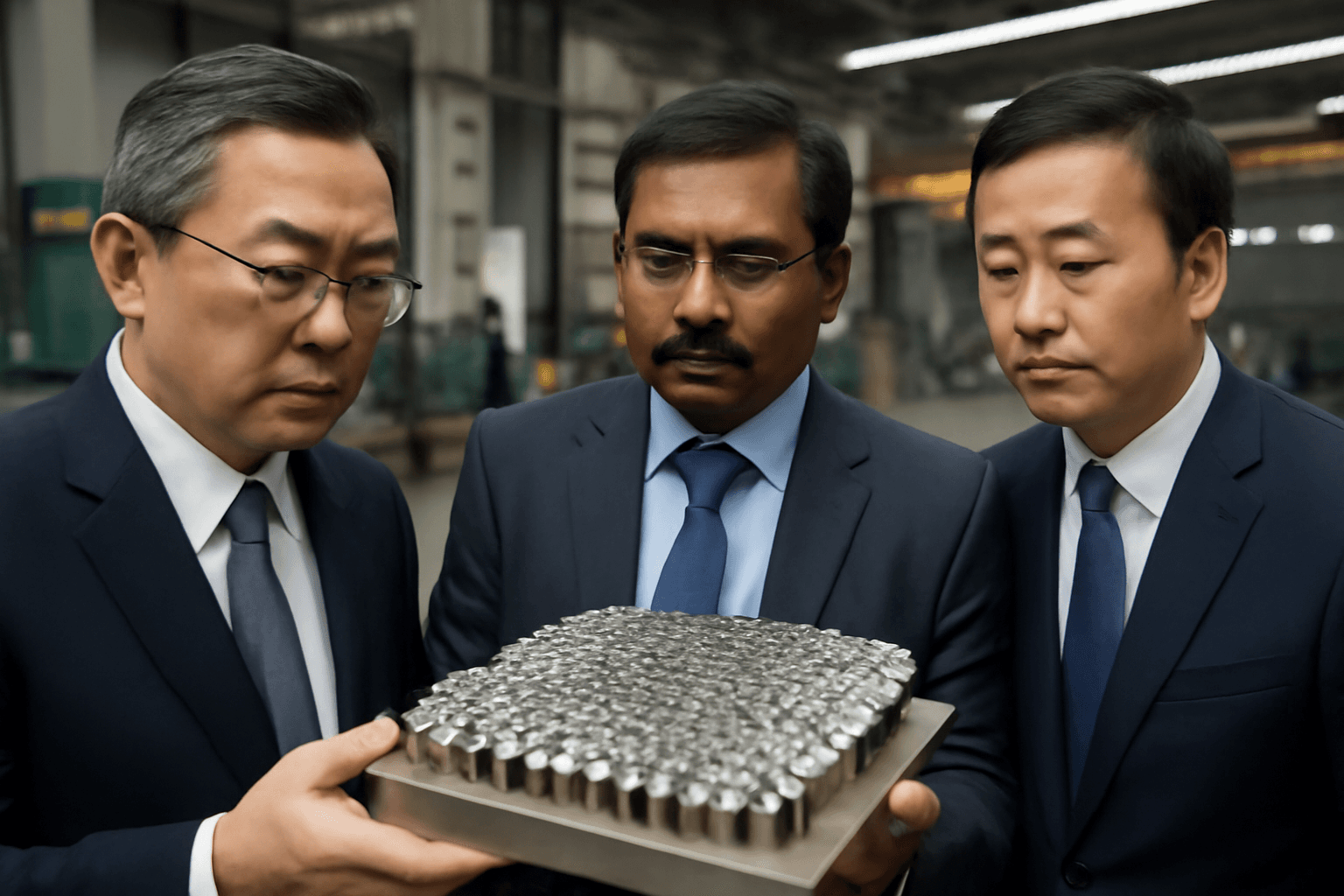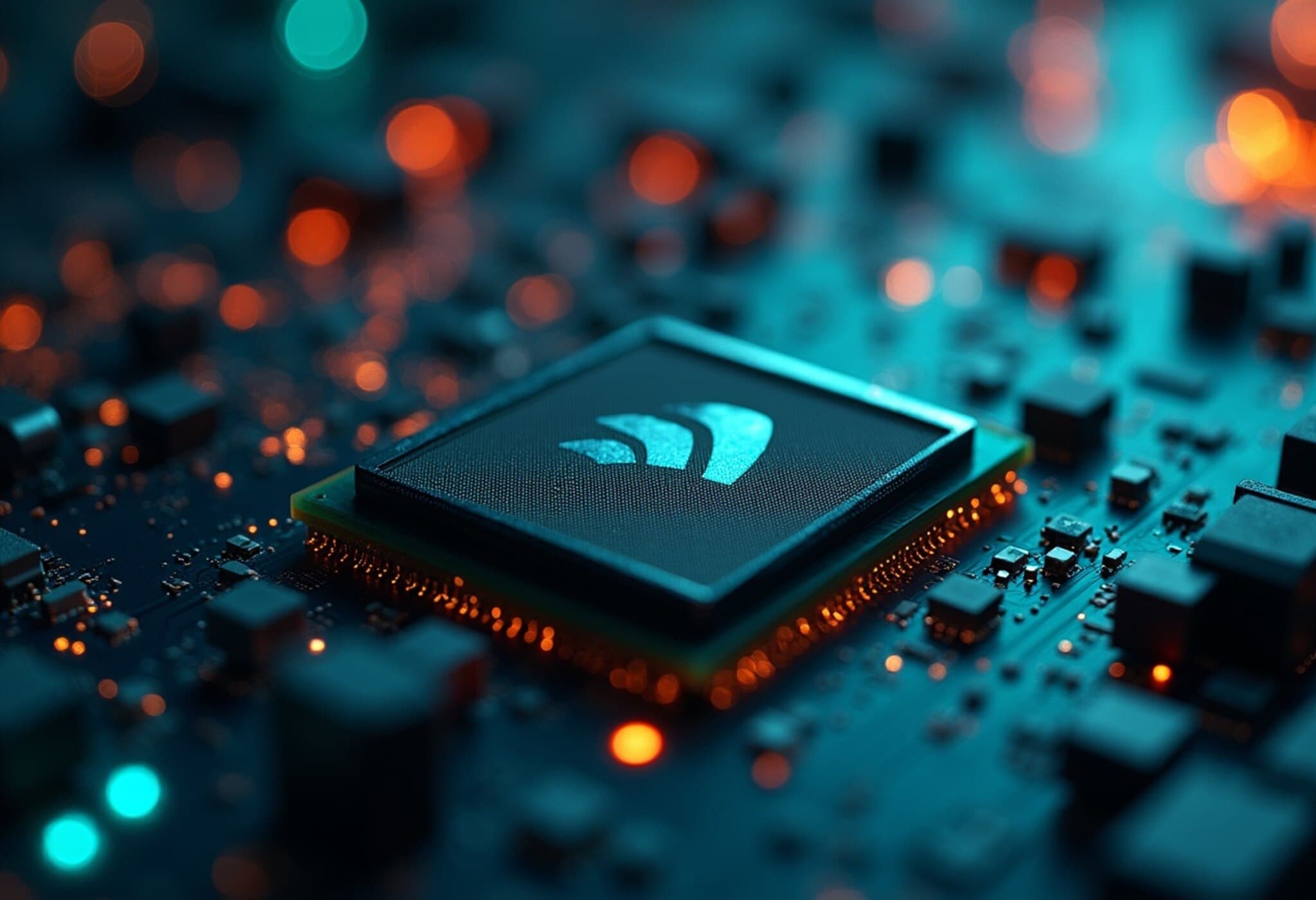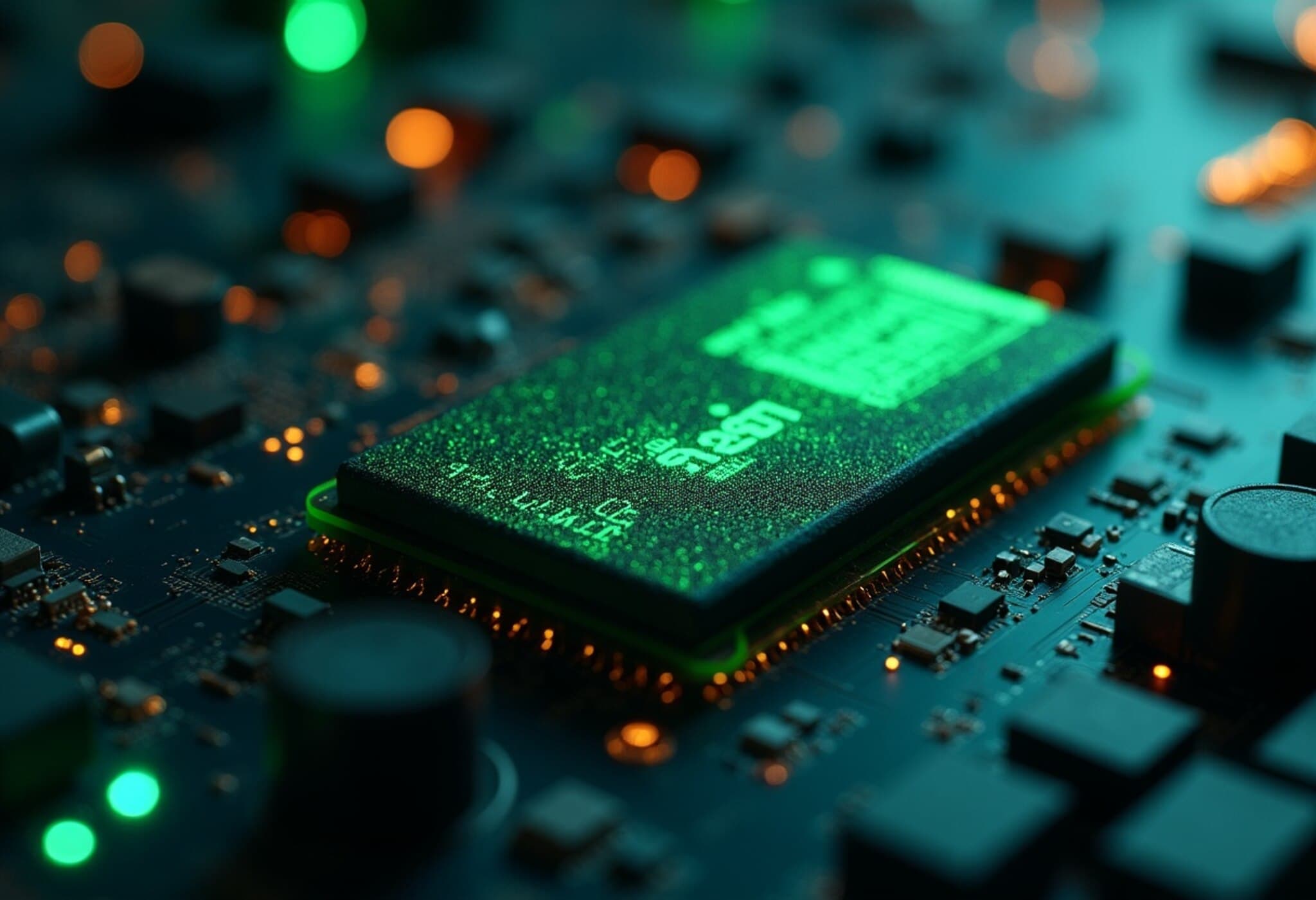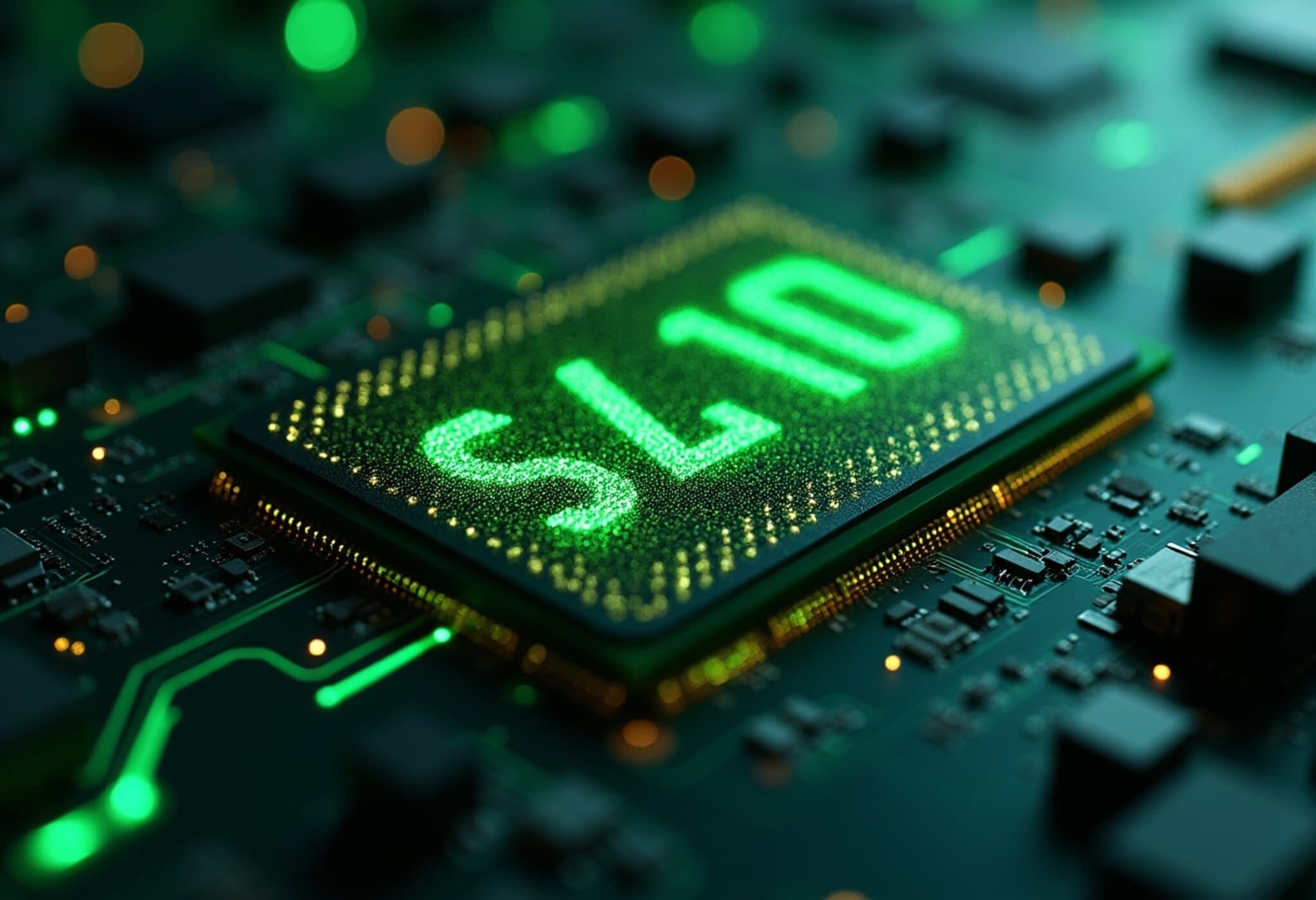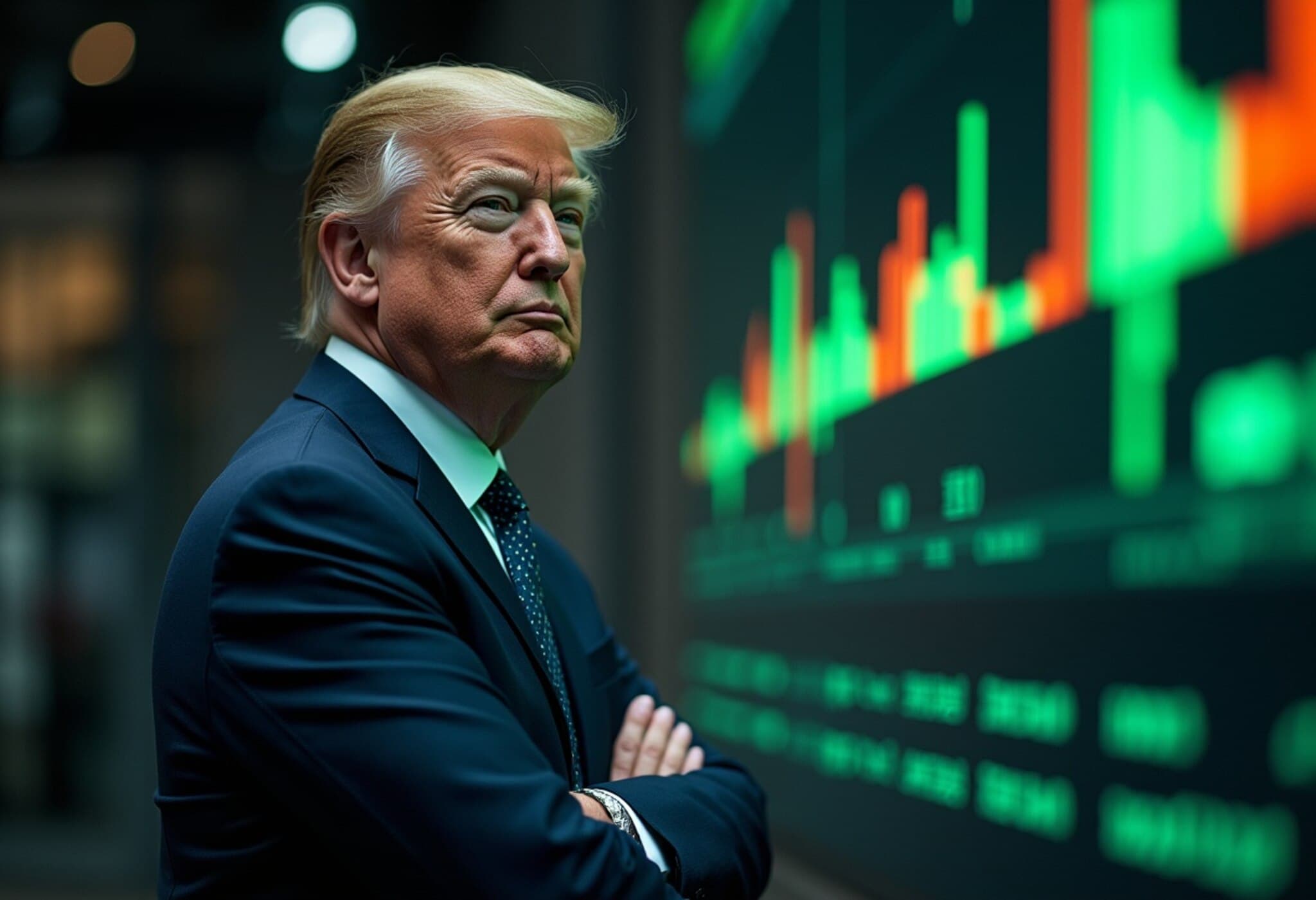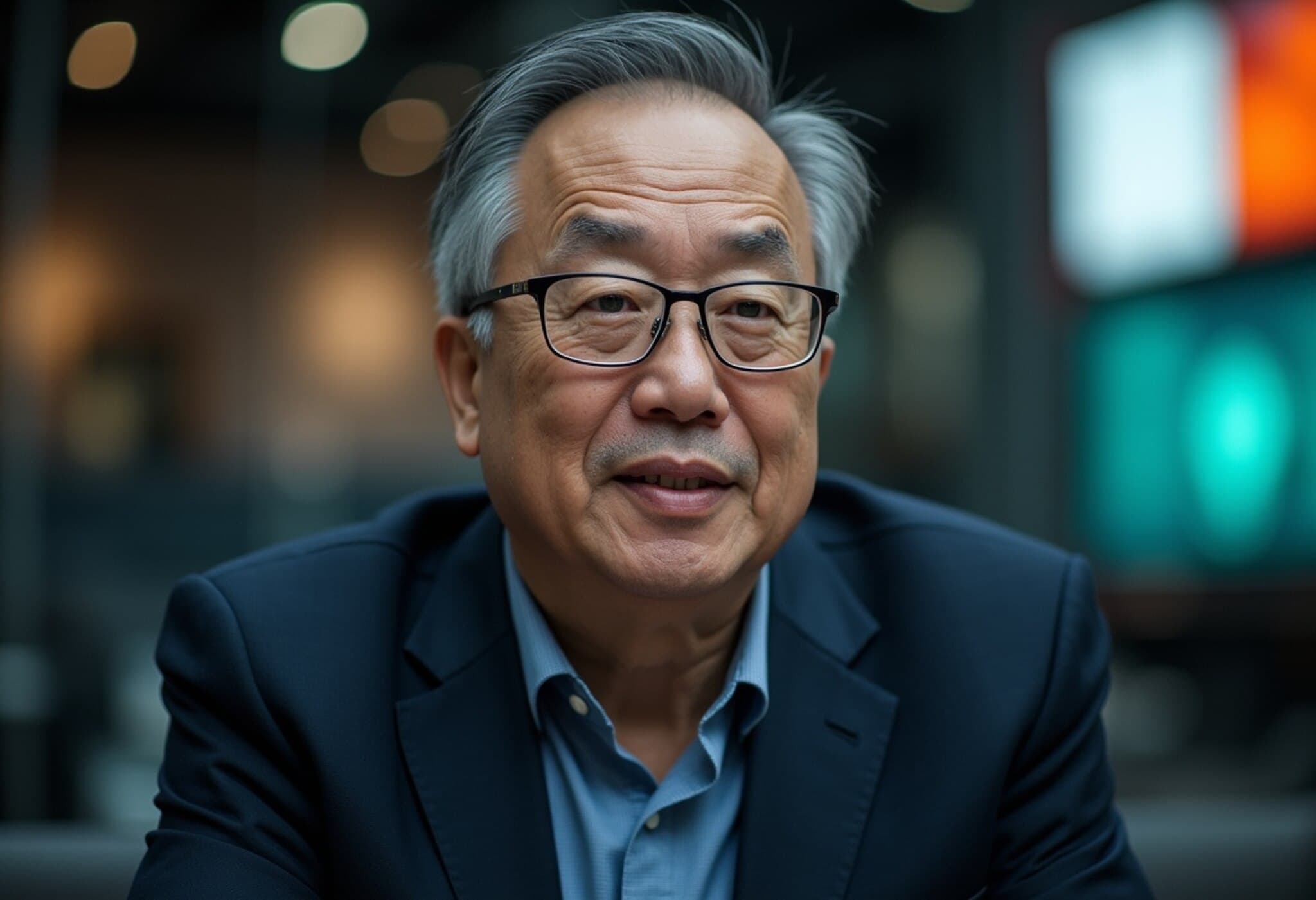Nvidia’s Vision: Pushing Boundaries in China’s AI Chip Market
Jensen Huang, the visionary CEO of Nvidia Corp., recently expressed a bold ambition: to supply China with more advanced AI chips beyond the current H20 model, following the U.S. government’s recent policy reversal that lifted restrictions on the H20 chip exports.
H20 Ban Lifted: A Significant Yet Cautious Step Forward
In a press conference held in Beijing on July 16, 2025, Huang emphasized his company's desire to ship newer, more powerful semiconductors to China. The H20 chip—the current export-allowed product—is designed specifically to comply with tight U.S. export controls. Despite its capabilities, it represents a step below Nvidia's cutting-edge technology.
“Technology never stands still. What’s leading-edge today will be surpassed tomorrow,” Huang remarked, referencing Nvidia’s Hopper architecture that underpins the H20 chip. “I hope to see more advanced chips permitted to China in the future as long as regulations allow.”
The Geopolitical Tightrope: Nvidia Amid U.S.-China Tech Tensions
Nvidia and other tech giants find themselves navigating a complex geopolitical landscape shaped by U.S.-China strategic competition. For years, export controls have curtailed shipments of Nvidia’s top-tier processors to China, citing national security concerns. These limitations not only impact Nvidia’s revenue streams—Huang revealed that export curbs reduced sales by an estimated $2.5 billion last quarter—but also influence the global semiconductor supply chain dynamics.
Interestingly, Nvidia has adapted by creating products tailored to comply with U.S. restrictions, like the H20. But the company still faces a delicate balancing act, advocating for the easing of restrictions while publicly supporting U.S. efforts to bolster domestic semiconductor manufacturing.
Market Stakes and Strategic Implications
- Huge Market Potential: Huang highlighted that China's AI market could balloon to around $50 billion within two to three years. Nvidia sees this as a pivotal growth opportunity that U.S. firms risk missing if they remain excluded.
- Competitor Dynamics: U.S. reluctance to participate fully could inadvertently strengthen Chinese domestic AI chipmakers, intensifying future competition.
- Government Policy Role: Huang pointedly noted that export controls are governmental decisions that can unpredictably disrupt business. Nvidia’s role is to inform policymakers of potential unintended consequences.
U.S. Government’s Nuanced Approach
Despite past restrictions, U.S. Commerce Secretary Howard Lutnick recently suggested that American authorities aim to maintain chip sales to China, intending to keep the country reliant on U.S. technology. He elaborated that since China has the capacity to develop its own chips, the goal is to stay “one step ahead” and encourage continued purchases of American products.
This nuanced stance illustrates Washington’s strategic calculus: restrict some capabilities to protect national security while avoiding complete decoupling that might empower China’s self-sufficiency.
Expert Analysis: What This Means for the Global Semiconductor Landscape
The complexities Nvidia faces underscore the larger semiconductor industry’s challenges amid geopolitical headwinds. As U.S. policies tighten, companies like Nvidia must strategize around balancing compliance with growth ambitions.
Furthermore, the evolving U.S. export control regime raises critical questions:
- How will restrictions evolve in the face of rapid AI development across nations?
- Can companies like Nvidia influence policies that both protect national interests and foster global technological progress?
- What are the long-term economic impacts if significant markets such as China become partially inaccessible?
For American economic competitiveness, a calibrated approach balancing innovation with security will be essential. Nvidia’s public positioning signals the urgent need for clear, consistent international technology policies that align with rapidly advancing AI capabilities.
Looking Ahead: Nvidia’s Strategic Path and Broader Implications
Jensen Huang’s ambition to bring more advanced chips to China is more than a sales strategy—it's a lens into the tectonic shifts shaping technology, geopolitics, and global commerce. As both countries grapple with competition and cooperation, Nvidia’s experiences exemplify how multinational companies must adapt and advocate amid unprecedented uncertainty.
Investors, policymakers, and industry stakeholders alike would do well to watch this evolving saga closely, as its repercussions will reverberate beyond semiconductors to influence broader tech innovation and international relations.
Editor’s Note
The Nvidia-China semiconductor narrative exemplifies the intricate interplay between global technological progress and geopolitical strategy. While lifting export bans on AI chips marks progress, the broader questions remain: How should trade policies evolve to balance national security with fostering innovation? And what roles do corporations play in shaping these policy frameworks? Nvidia’s journey illuminates these critical issues—inviting readers to consider how technology’s future intertwines with international diplomacy and economic strategy.


